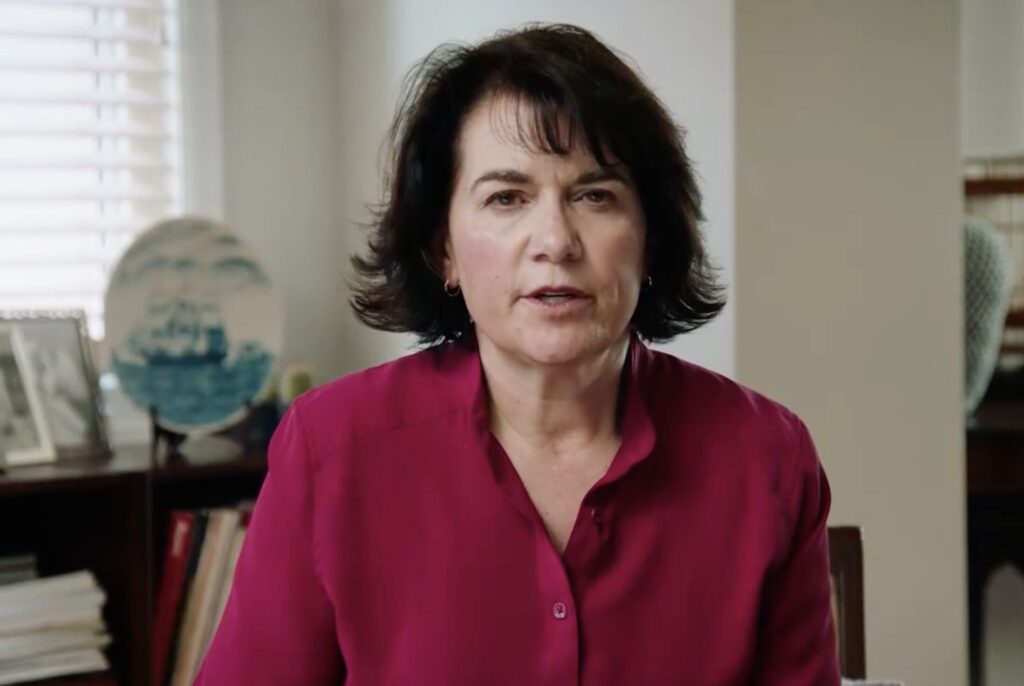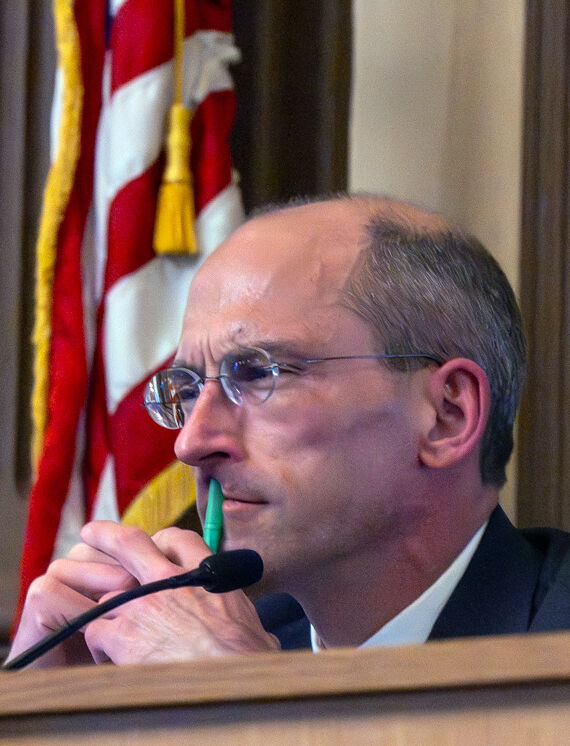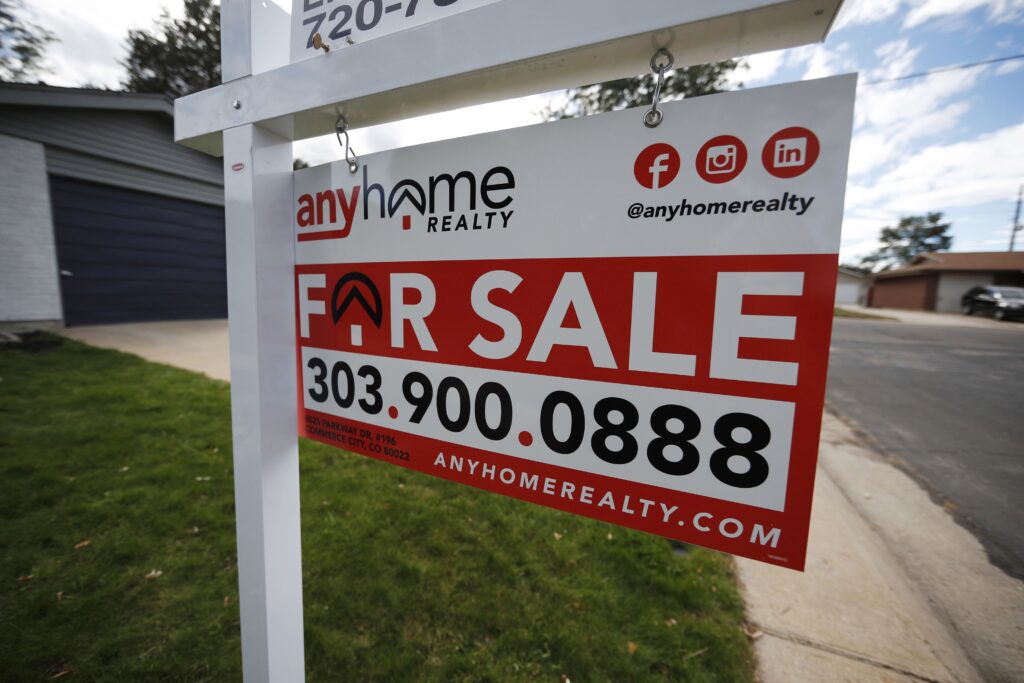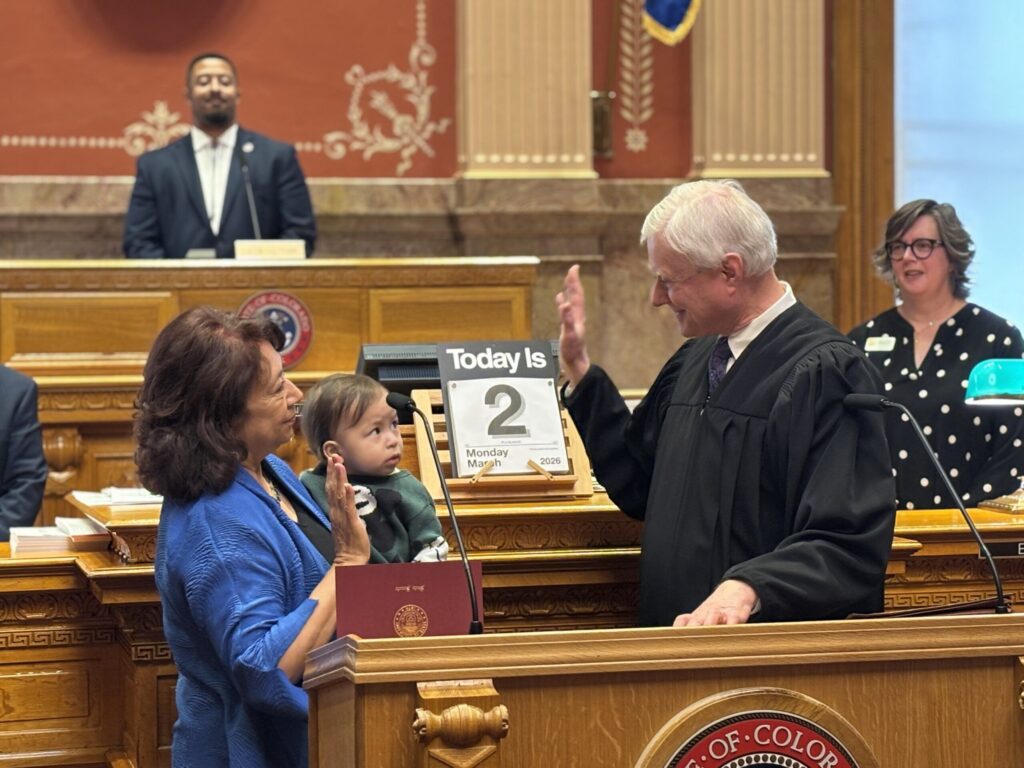Costs of living are eating Colorado’s prosperity, Bell Policy Center finds

The Bell Policy Center in Denver released a report Friday that should give pause to lawmakers giddy over the state’s appearance of prosperity. Yes, Colorado has one of the best economies of any state in the nation, and it ranks among the nation’s best for the number of people living in prosperous communities.
You can stop there and be happy. The left-leaning Denver think tank’s “Economic Mobility Guide,” however, pulls together research to show the disparities in rural parts of the state, and those being soaked are at the bottom of this economic wave.
You can read the full report by clicking here.
Long story short: Wages aren’t keeping up with costs, and Colorado’s 2.7 percent unemployment rate is propped up by the fact that more and more jobs in the state are in low-paying sectors and wages are flat. Meanwhile, home prices and rent in places where good jobs are located – the urban Front Range – are skyrocketing beyond the reach of the working poor.
As part of the research, the Bell Policy Center had meetings with resident across the state.
“What they’re saying is, one, our wages are not keeping pace with the cost of living,” said Rich Jones, the center’s director of policy and Research. “We need better jobs that pay more, and, secondly, the high cost of housing and to a large extent the high cost of healthcare, is a factor.
“While it looks on paper that Colorado is doing well. They’re just not able to keep pace with these costs.”
Highlights in the report include:
The center looked at three areas that could be addressed by the Colorado General Assembly, which convened its four-month legislative session last week. Gov. John Hickenlooper, Senate President Kevin Grantham and House Speaker Crisanta Duran each spoke in their opening addresses about doing more to lift up the economically lagging rural parts of the state. Rural broadband and economic development assistance was high on their priority lists.
The Bell Policy Center cites a nonpartisan report last summer by the nonpartisan Washington researchers Economic Innovations Group that indicated 7.1 percent of state residents live in economically distressed areas. Wyoming has 1 percent and Utah has 0.7 percent. Distressed communities had poverty rates of 25 percent or better and 48 percent of adults who weren’t employed.
Forty-five percent of state residents live in prosperous areas, the report found.
“Colorado is No. 4 in the country for more people living in prosperous communities, but the flip side is if you look at these counties down in the southeast and the San Luis Valley, they have 11 counties that were really high on the Distressed Communities Index,” Jones said
“If you look at certain parts of the state, we’ve got some places that are really distressed.”
The Bell Policy Center said those at the bottom of the economic scale will see at least some relief from Amendment 70, the measure voters passed in 2016 to raise the state’s minimum wage in steps to $12 an hour by 2020.
Jones said the state could do more by allowing communities with a higher cost of living to allow local residents to vote on a higher local minimum wage than the state standard. That measure has been tried at the Capitol and defeated by business interests that say it would cost jobs in the restaurant and retail industries
Overtime laws in the state also need revision for middle-class workers. In 2004, the Bush administration updated federal policy to say anyone who makes under $455 a week qualifies for overtime.
Since it’s not adjusted annually, more and more people get exempted from overtime each year, Jones said. The Obama administration sought to more than double the threshold to about $913 a week, but industry groups fought it and a federal judge struck down the order last August. The Trump administration declined to appeal.
Colorado was not among the 21 states that sued to block the president’s May 2016 order.
“Minimum wage affects the very bottom, overtime affects the next level up,” Jones said.
As with minimum wages, states can set their own overtime standards to be more generous than the federal measure, Jones said. The Economic Mobility Guide suggests that implementing Obama’s proposed overtime eligibility rule would help 248,000 salaried Coloradans.
“Some of the business groups will squeal like stuck pigs over it,” Jones said of a Colorado proposal.
It was opposition from business groups that killed bills in the legislature to raise the minimum wage, before proponents put it on the November 2016 ballot, where it passed with 55 percent.













